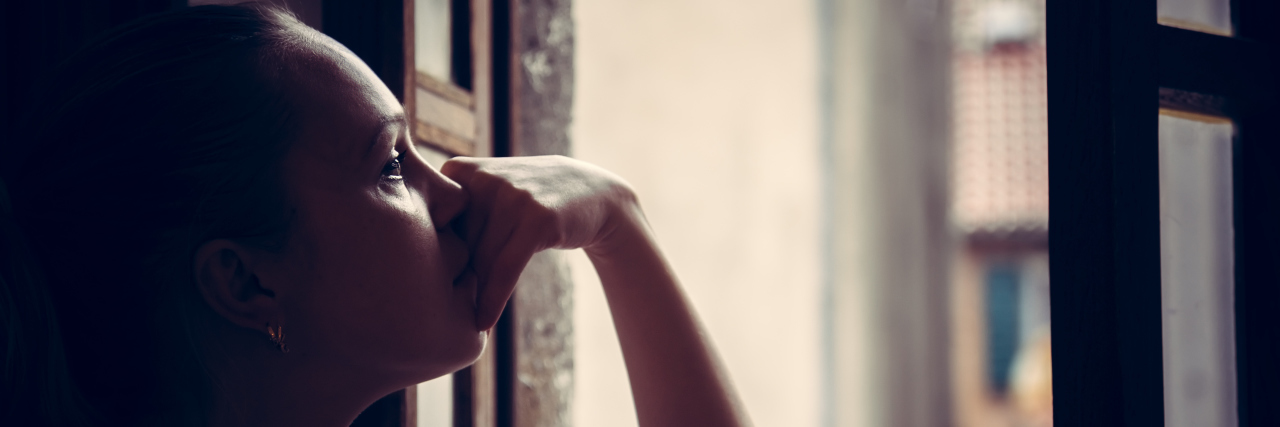Like many, I’m on various chronic illness forums to share my experiences with rare disease. On my worst days, I ask my fellow warriors how they manage to make it through.
“I make it through the day because I have to, for my son,” says one.
“I promised myself I’d live to see my daughter graduate,” says another.
The heartbreak I feel at receiving these answers is instantaneous, because I, like so many with chronic illnesses that affect the reproductive system, have not been able to have children.
And in my childlessness, I feel completely alone. And judged.
As a married woman of childbearing age, not a month goes by where someone doesn’t ask when I plan on getting pregnant.
I’ve tried answering the question honestly, but saying I’m simply too sick to bear children makes others visibly uncomfortable. So lately, I’ve just resorted to lies. Like telling a friend she looks good when you think her haircut isn’t flattering, lying about childlessness just seems the kinder, more comfortable choice.
But why?
Why can the chronic illness community talk about pain, insomnia, accessibility and representation, but not being able to bear children?
Why can we talk about the stigma that goes along with mental illness, but not this devastating consequence so many of us face?
I, for one, am fed up with maintaining the uncomfortable silence.
The truth is, childlessness is a real consequence of being chronically ill that should not and cannot continue to be ignored or whispered about behind closed doors.
Mighty Warriors, let’s start the conversation. You are not alone.

